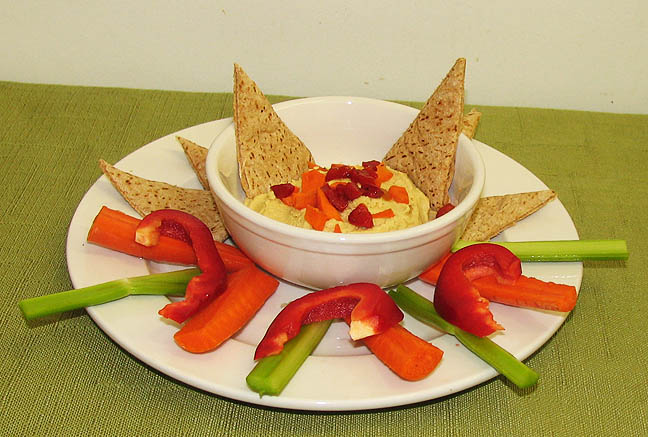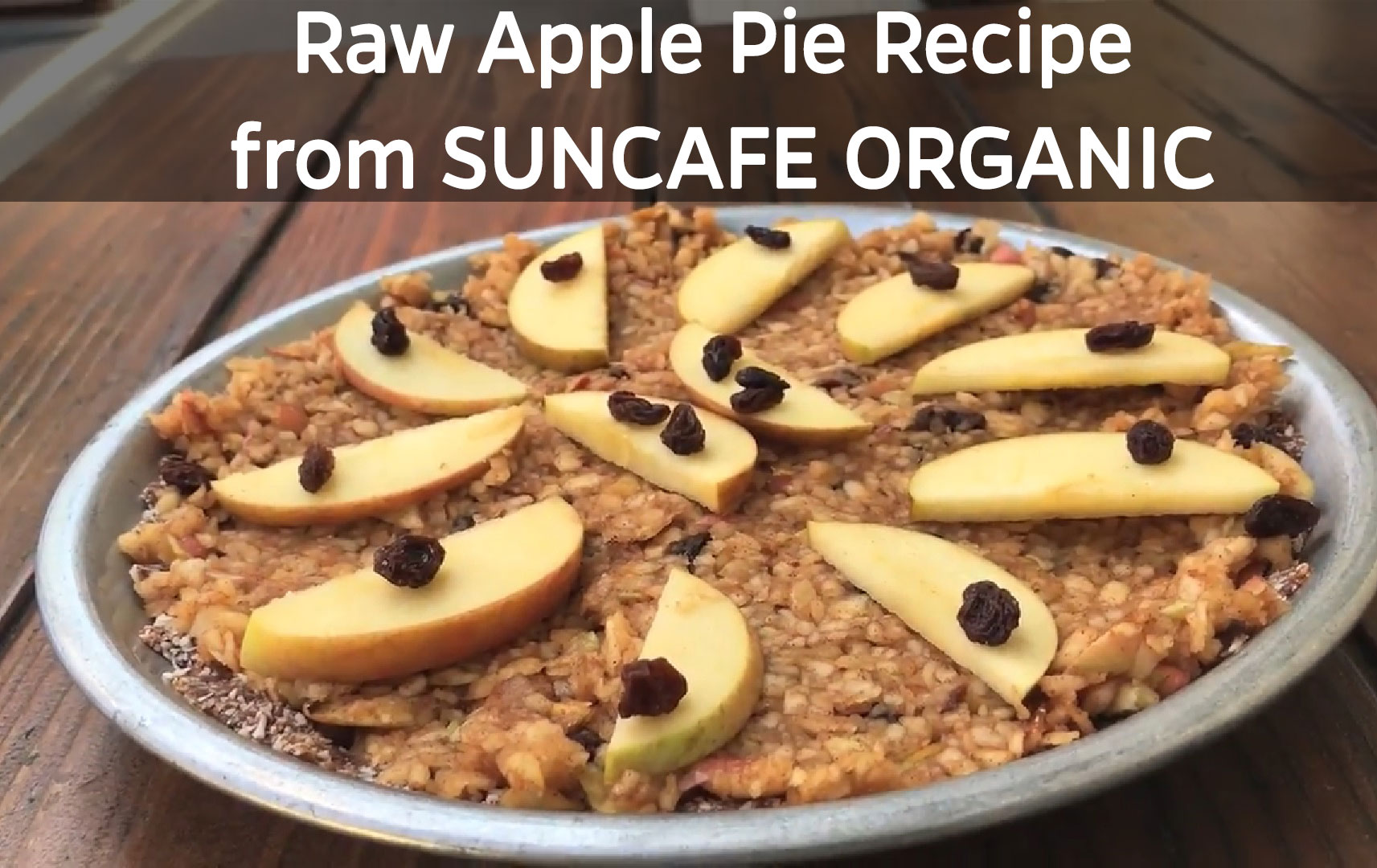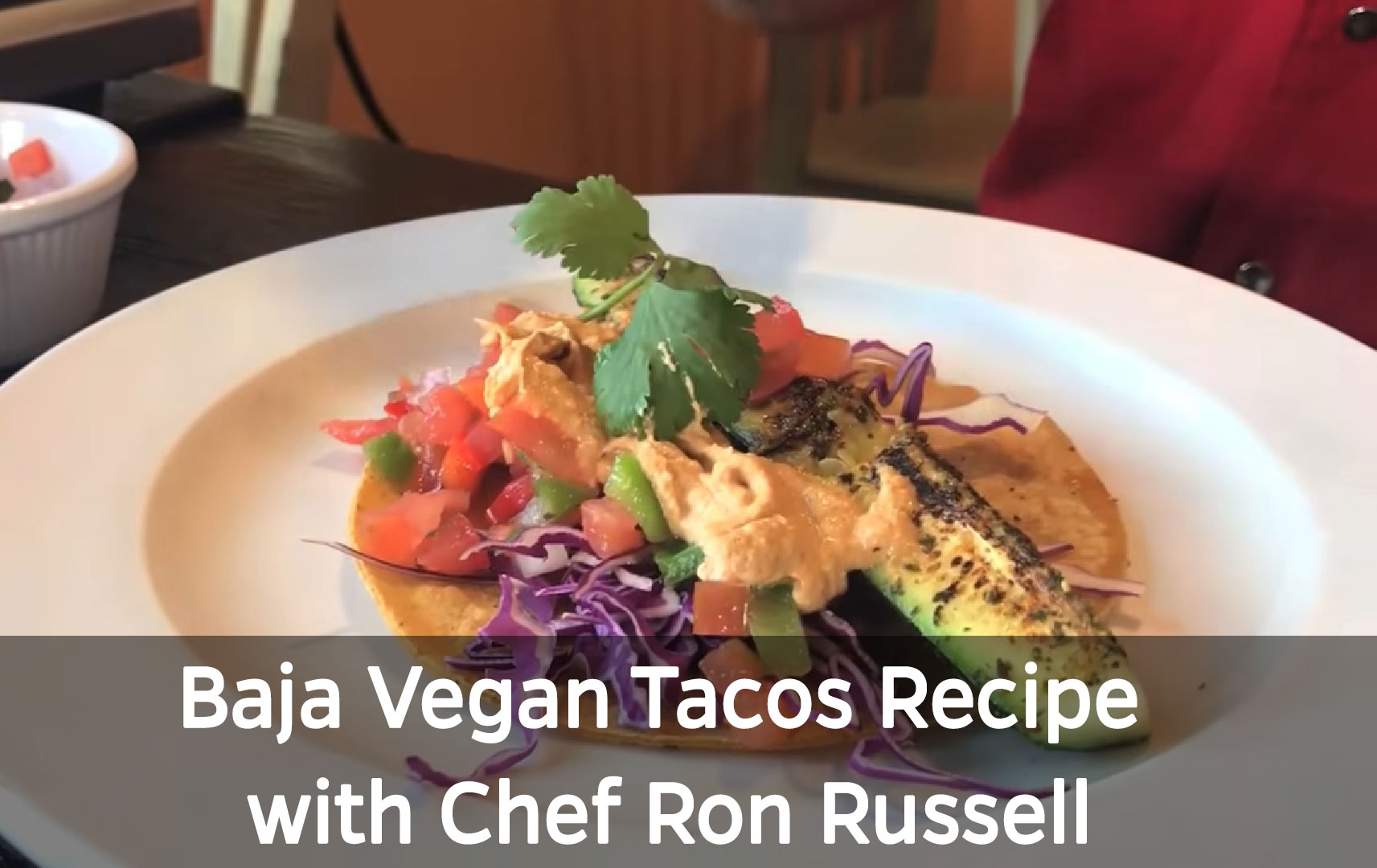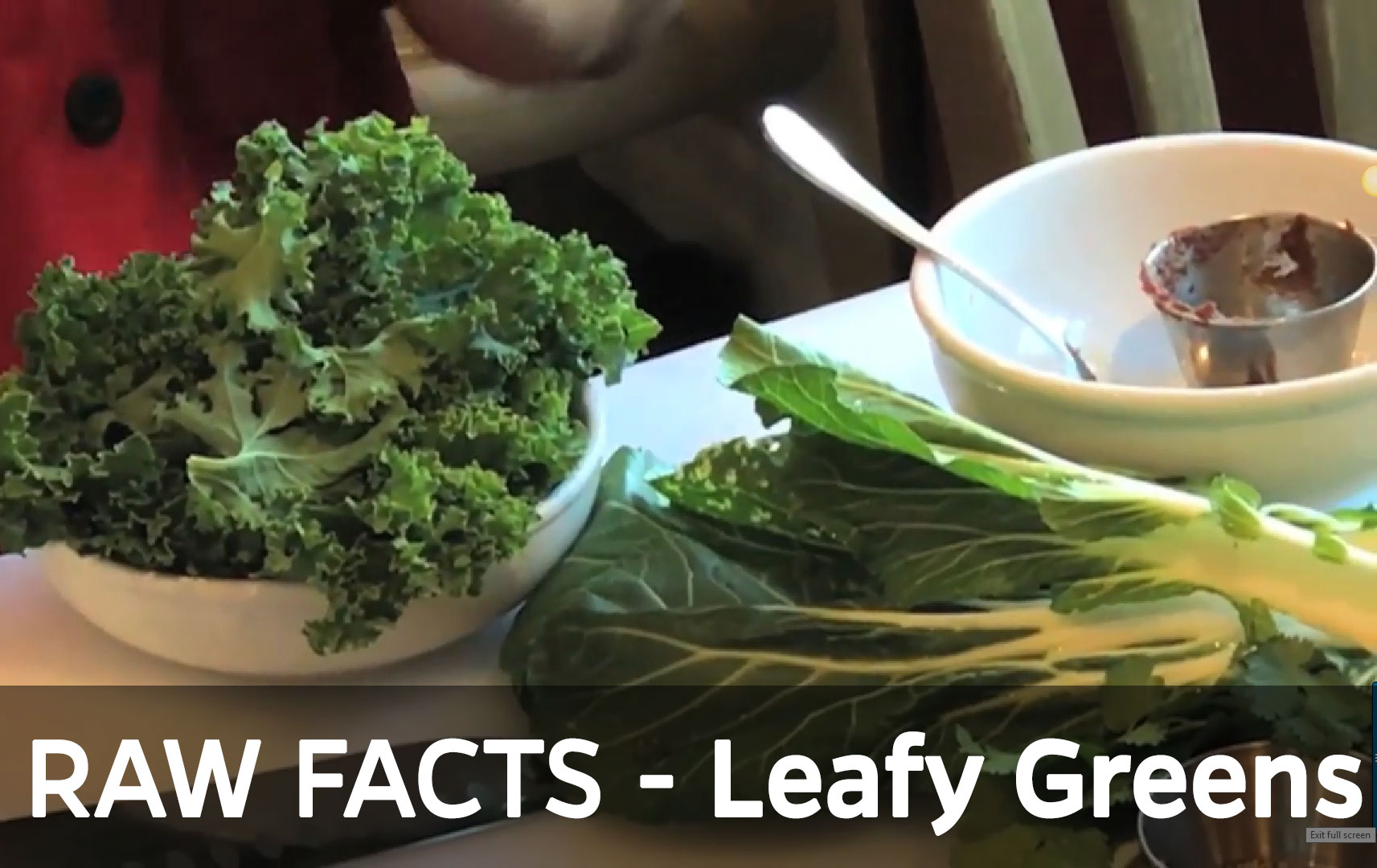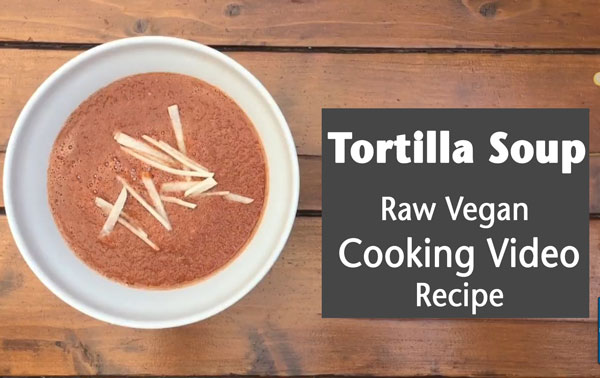In recent years, the world has been witness to the tragic stories of individuals battling various forms of cancer. One such recent story that touched the hearts of many was that of former all-star baseball pitcher Tim Wakefield, a beloved public figure, who fought a courageous battle against brain cancer. His journey highlights the importance of understanding the risk factors associated with brain cancer and adopting preventive measures. According to the National Library of Medicine, there is an association between certain lifestyle factors and brain cancer risk, with a higher risk associated with the consumption of cured meats and smoking. On the other hand, fresh fruit and vegetable consumption has been shown to reduce the risk of brain cancer. In this article, we will explore the link between lifestyle choices and brain cancer risk, as well as strategies to help prevent this devastating disease.
Tim Wakefield’s Battle with Brain Cancer
Tim Wakefield, a renowned personality in the world of sports and entertainment, captured the hearts of millions with his talent and charisma. However, his life took an unexpected turn when he was diagnosed with brain cancer. Wakefield’s story serves as a stark reminder that brain cancer can affect anyone, regardless of their fame or fortune. His courageous fight against the disease highlighted the importance of early detection and prevention.
Understanding the Risk Factors
The National Library of Medicine has identified certain lifestyle factors that can influence an individual’s risk of developing brain cancer. Among these factors, two stand out prominently: consumption of cured meats and smoking.
- Cured Meats and Brain Cancer Risk: Research has shown that a diet high in processed and cured meats, such as bacon, sausages, and deli meats, may be associated with an increased risk of brain cancer. These meats often contain nitrates and nitrites, which can form carcinogenic compounds when consumed. Therefore, reducing the consumption of cured meats can be a proactive step in lowering brain cancer risk.
- Smoking and Brain Cancer: The harmful effects of smoking on overall health are well-documented, and brain cancer is no exception. Smoking introduces a range of carcinogens into the body, which can potentially lead to the development of brain tumors. Quitting smoking is one of the most effective ways to reduce this risk.
On the flip side, adopting a diet rich in fresh fruits and vegetables can have a protective effect against brain cancer. These foods are abundant in antioxidants and essential nutrients that support overall health and reduce the risk of cancer.
Preventing Brain Cancer: Strategies and Recommendations
Preventing brain cancer involves adopting a multifaceted approach that addresses lifestyle choices and environmental factors. Here are some key strategies and recommendations for reducing the risk of brain cancer:
- Avoiding Exposure to Radiation: Minimizing exposure to ionizing radiation, such as X-rays and CT scans, is crucial. Medical procedures involving radiation should only be undertaken when necessary, and individuals should be mindful of cumulative exposure.
- Quitting Smoking: If you smoke, quitting is the single most important step you can take to reduce your risk not only of brain cancer but also of numerous other cancers and health conditions. Seek support from healthcare professionals and smoking cessation programs to help you quit.
- Healthy Diet: As mentioned earlier, a diet rich in fresh fruits and vegetables can significantly lower the risk of brain cancer. These foods provide essential vitamins, minerals, and antioxidants that help protect against cancer. A balanced diet also supports overall well-being.
- Managing Chronic Stress: Chronic stress can weaken the immune system and potentially contribute to cancer development. Engage in stress-reduction techniques such as meditation, yoga, and mindfulness to maintain mental and emotional health.
- Reducing Environmental Pollution: Limiting exposure to environmental pollutants and toxins is essential. This includes being mindful of air quality, avoiding exposure to harmful chemicals, and supporting policies that promote environmental conservation.
- Regular Exercise: Engaging in regular physical activity not only helps maintain a healthy weight but also supports the body’s immune system and overall health. Aim for at least 150 minutes of moderate-intensity exercise per week.
Supporting Brain Cancer Patients
For individuals who have been diagnosed with brain cancer and are undergoing treatment or recovery, comprehensive care is essential. This includes taking measures to reduce the risk of infections, maintain proper hygiene, and provide a healthy diet for a speedy recovery.
- Infection Prevention: Patients with compromised immune systems due to brain cancer treatments are vulnerable to infections. It’s crucial to maintain excellent hygiene practices and follow the guidance of healthcare professionals to minimize infection risks.
- Nutrition: A well-balanced and nutritious diet is crucial for patients’ recovery. Nutrient-rich foods can help support the body’s healing processes and maintain strength during treatment.
Conclusion
The story of Tim Wakefield’s battle with brain cancer serves as a poignant reminder of the importance of understanding risk factors and adopting preventive measures. The National Library of Medicine highlights the link between certain lifestyle choices, such as consuming cured meats and smoking, and an increased risk of brain cancer. Conversely, a diet rich in fresh fruits and vegetables can help reduce this risk. Preventing brain cancer involves a holistic approach that includes making informed choices about diet, avoiding exposure to radiation, managing stress, and reducing environmental pollution. For those facing a brain cancer diagnosis, proper care and attention to infection prevention and nutrition are crucial for a successful recovery. By taking proactive steps and making healthier choices, we can work towards reducing the burden of brain cancer and improving the overall health and well-being of individuals and communities.

